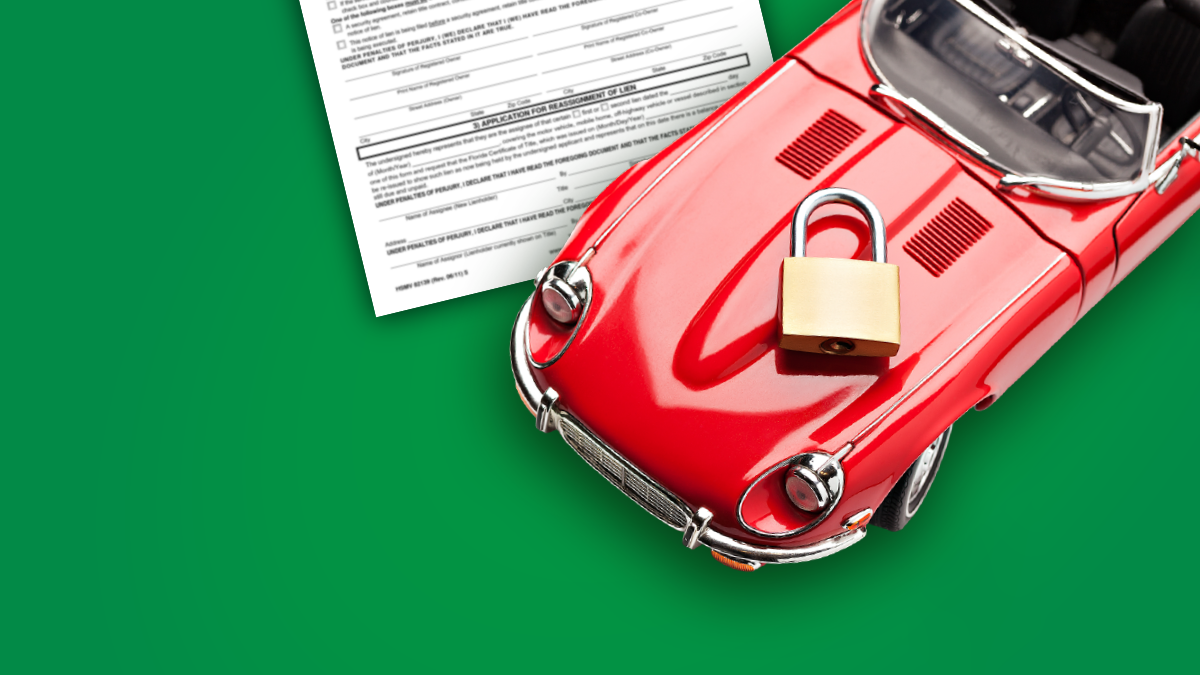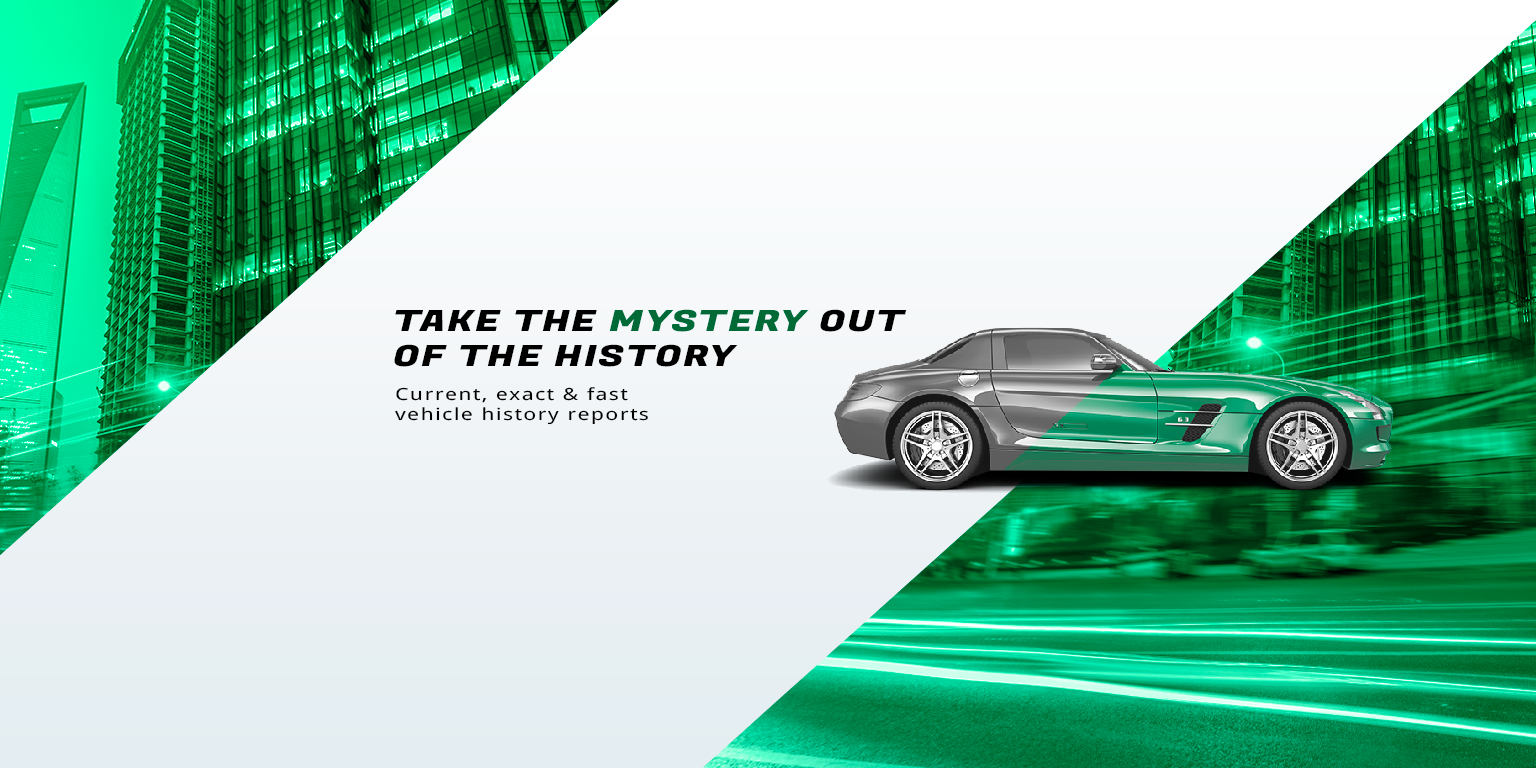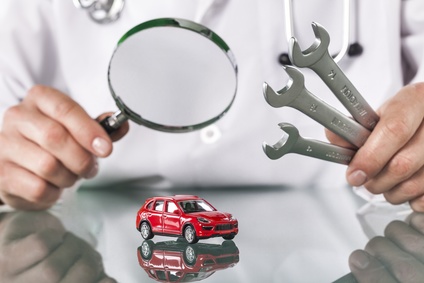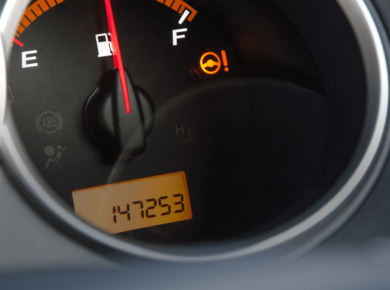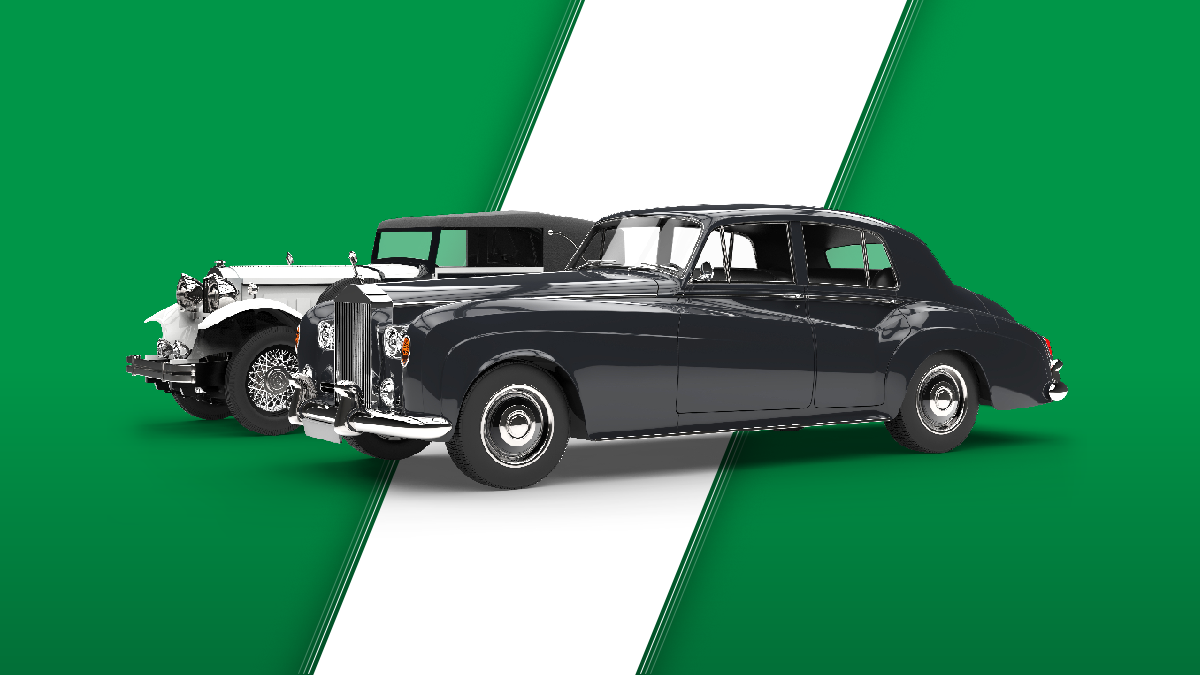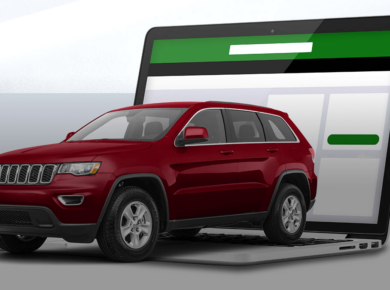Buying a pre-owned car is an excellent option for those who are looking for a cheap vehicle, but it is also loaded with uncertainty and can be a daunting process. To land a good deal, it’s necessary to be aware of important signs that reveal whether a car you’re considering for purchase is worth its money. While there are some obvious facts influencing vehicle value like its age, character or extent of damage, odometer reading, etc., there are some car issues that cannot be detected at first sight or even after inspection, one of which we’re covering today.
To gain confidence when buying a secondary car and avoid any pitfalls with documents, we recommend you run a vehicle title lien check with ClearVin. All you need to do is provide a VIN number or license plate to conduct the search and uncover additional vehicle details regarding liens.
What does a car lien mean?
A lien is an interest in the car that its owner grants to another party (such as a bank or financial institution), usually as security or collateral for a debt, until the debt has been paid. As an example, if you borrow money from the bank, you may have a lien registered against your car by the lender or financial institution that gave you that amount. This vehicle is the bank’s “security” that you will pay back the money they loaned you. If you don’t pay it back, they can repossess the car. To clear a lien, the vehicle owner must pay it off and get a document stating that the lien has been discharged from the lender.
How can it turn into a problem?
Basically, if a lien is active, any legal ownership transfer is impossible, and insuring, further reselling, or exporting the vehicle is out of the question at all. To close a deal on a car with aa lien, debts must be fully paid beforehand. The seller has to receive the car’s title from a lienholder in order to sign over ownership, and the buyer needs the signed title to register the car. Then, the record must be changed by the government agencies that will govern transportation to another state or export.
How to avoid buying a car with a lien?
When you are looking for a used vehicle at some auction, the first thing to do is to pay attention to who the seller is. If a car is posted by a bank or other financial institution, most probably it was repossessed and put up for sale as the lien had not been paid by its previous owner. If that’s the case, the lien is no longer relevant.
All dealerships are also required to clear off existing liens before selling a used car. However, you have to be very careful buying a car from an individual seller, as you do not have any guarantee that there is no active lien listed on this car. Before buying and entering into an agreement, you should run a VIN check on the car’s history, otherwise, you’ll be stuck without a title for a long time, sharing your car with somebody else.
In addition, many online services, including ClearVIN, offer license plate lookup options today, allowing you to quickly and easily access important information about a vehicle with just a few clicks. For those in need of bulk access to the vehicle history records, we can offer a dealer VIN check to meet your requirements. Also ClearVin instantly provides Emission Test Records Check by VIN.
